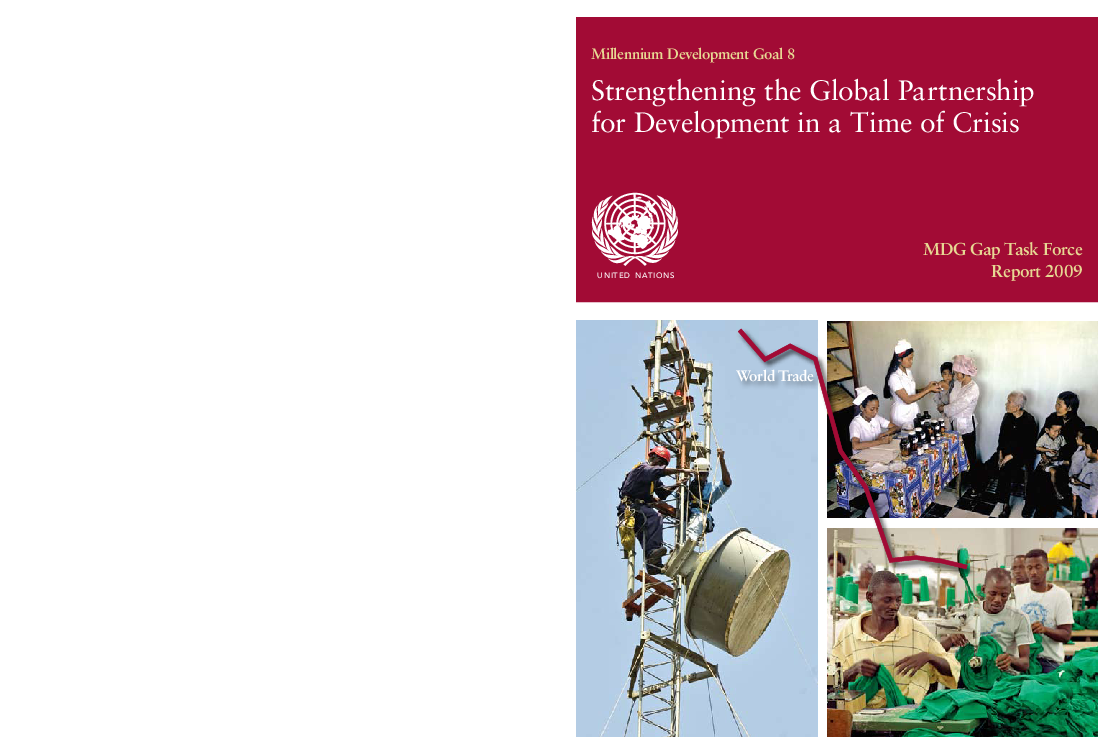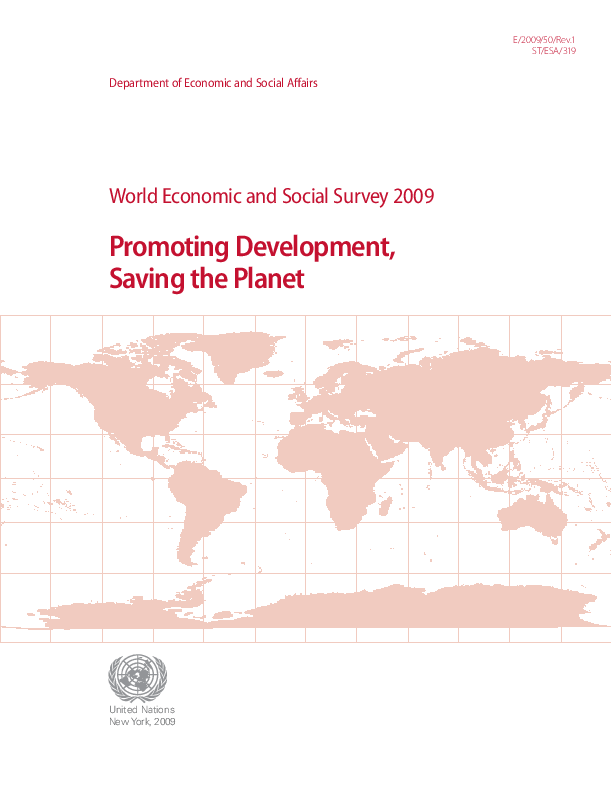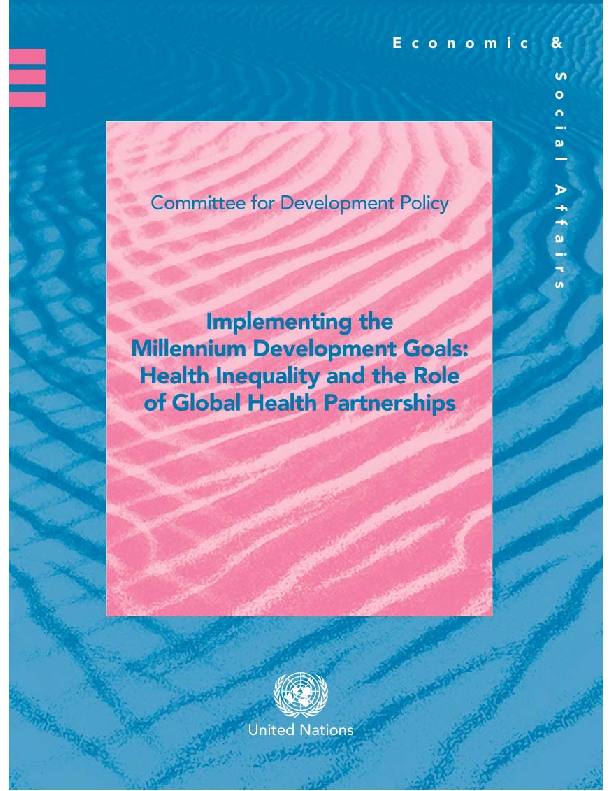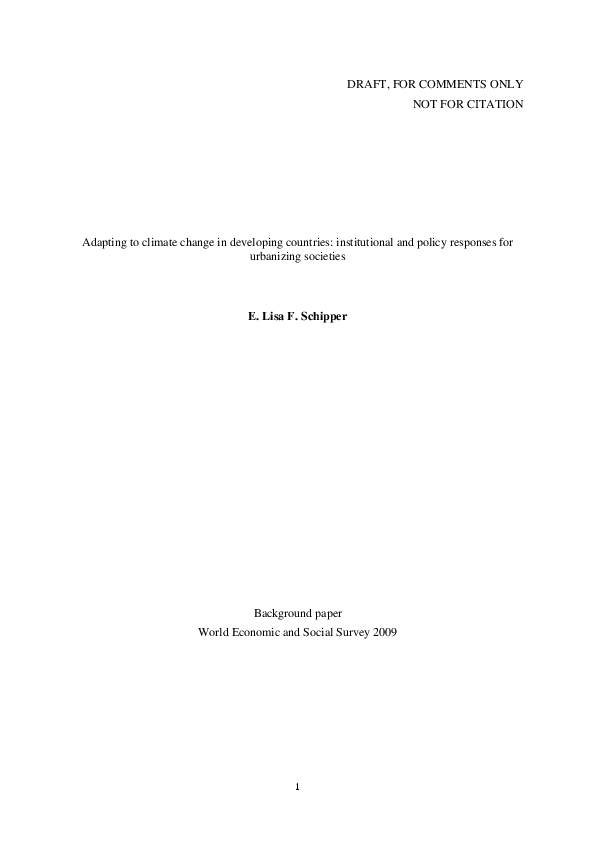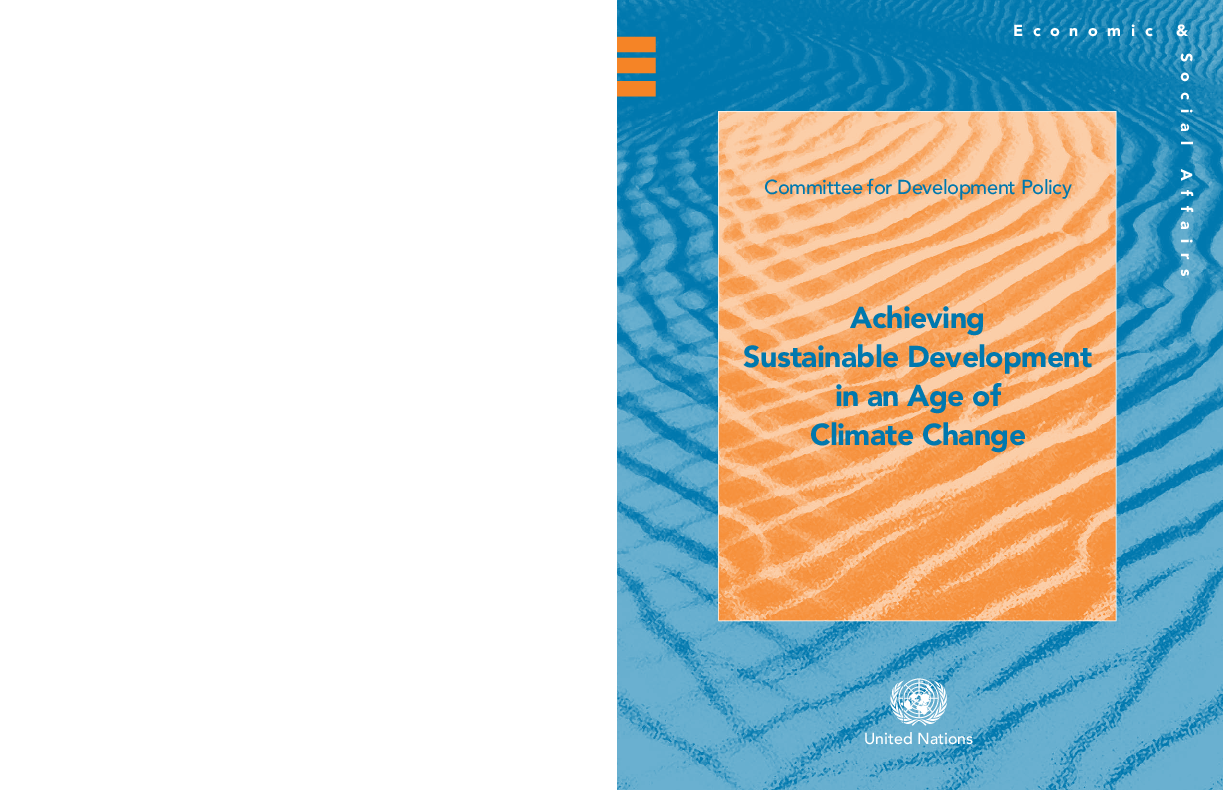Publications
Displaying 1 - 5 of 5
Re-examining climate and development risks Shiv Someshwar Download Paper Climate change financing: Developing countries' options and challenges for mitigation and adaptation Fernando Prada Download Paper Regional Distribution of the Costs and benefits of Climate Change: Adaptation and Mitigation David Evans and Chris Hope Download Paper Projections Regarding Climate Change and Development Elizabeth A. Stanton and Frank Ackerman Download Paper Supportive measures and policies for… Publications used in the preparation of the World Economic and Social Survey 2009
 Welcome to the United Nations
Welcome to the United Nations
